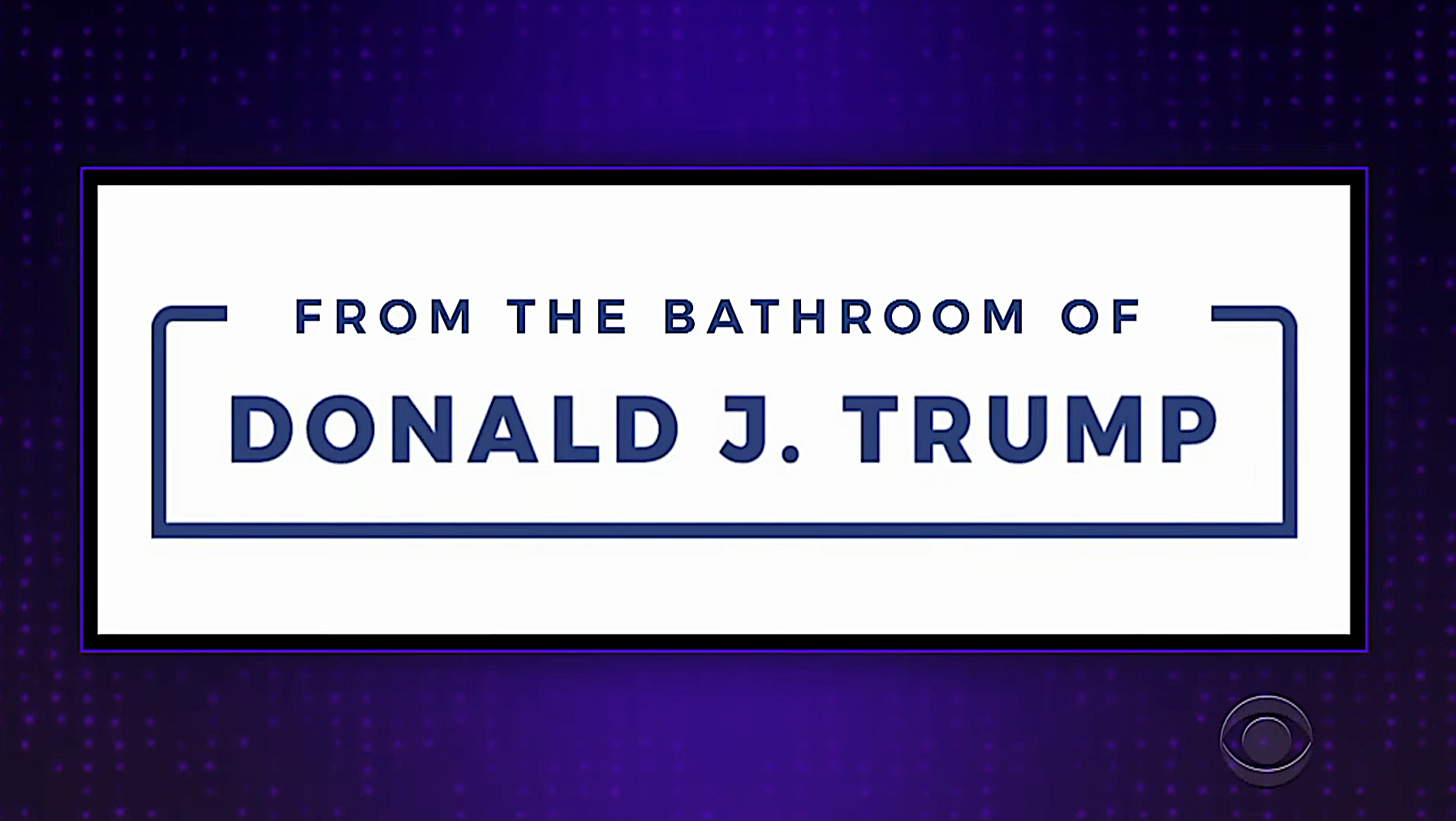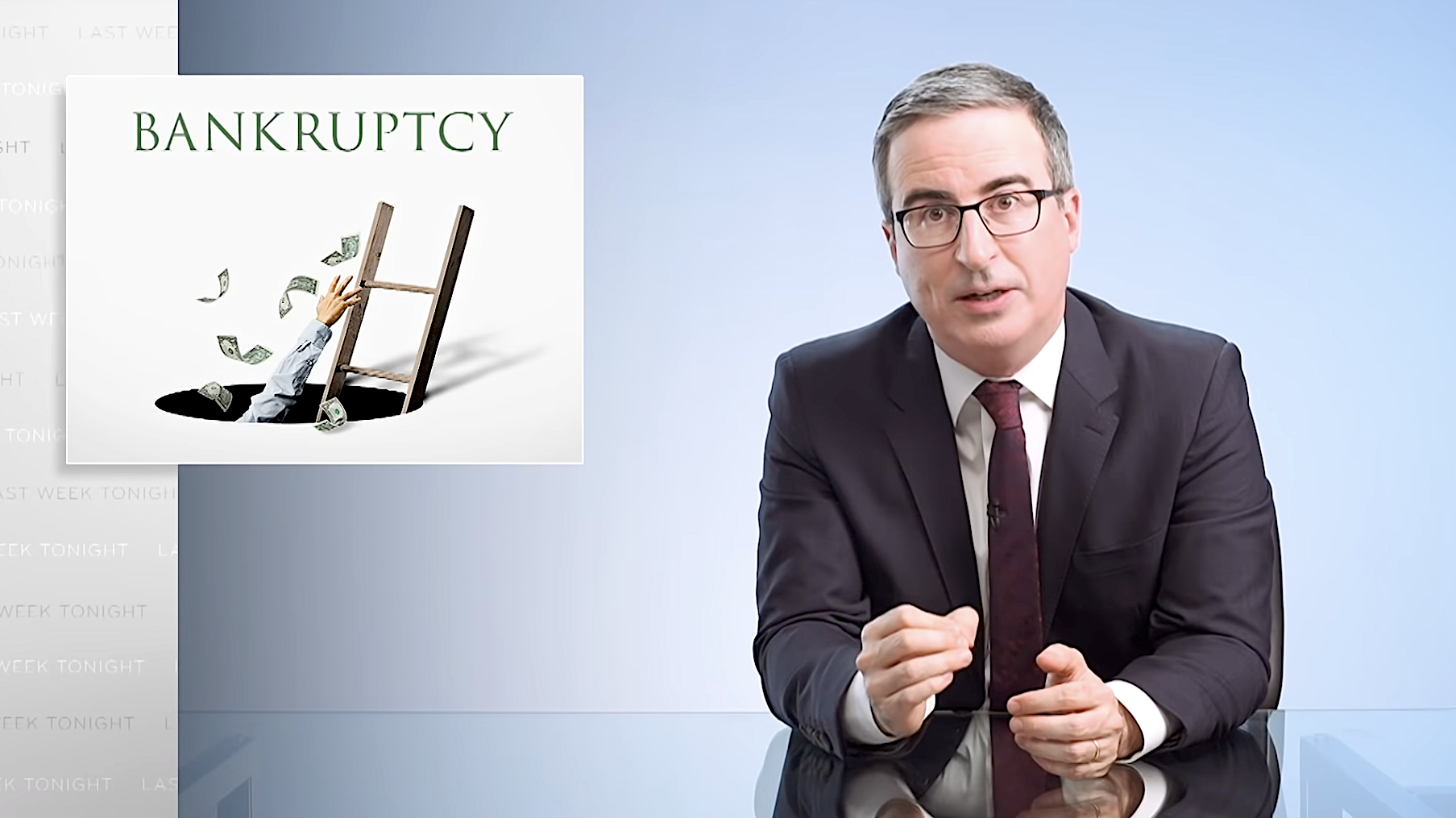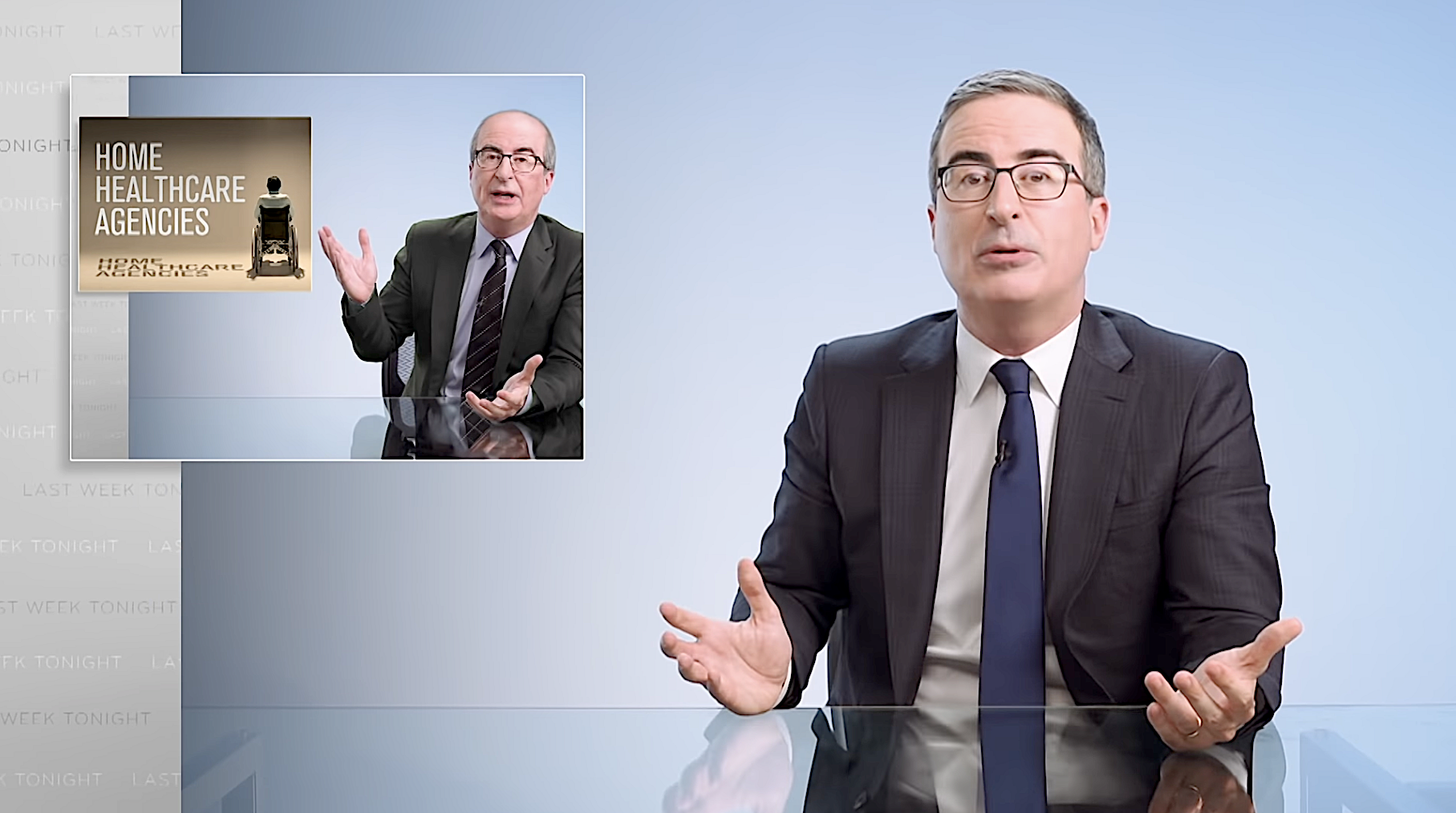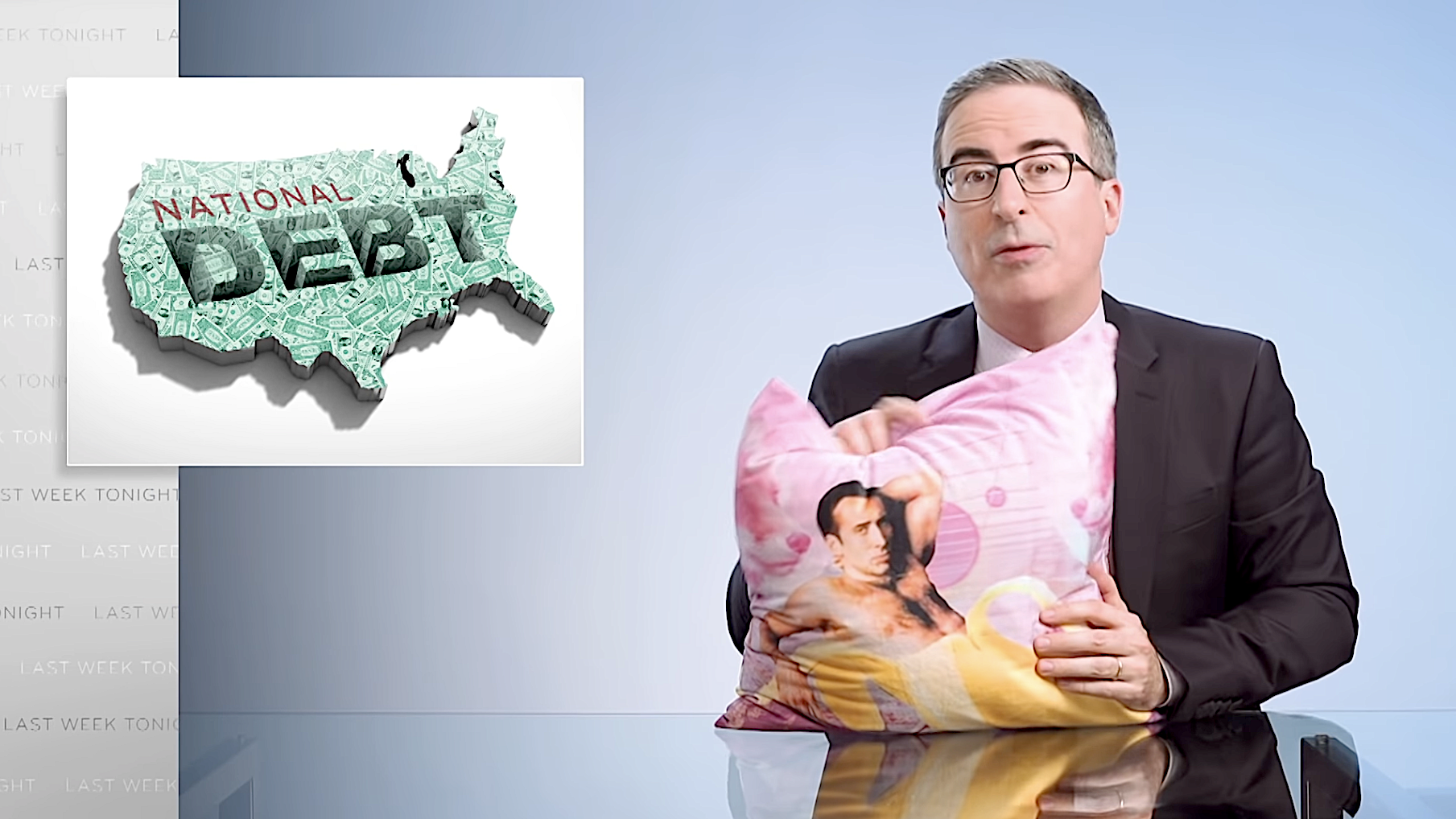Why a Fox-Disney deal would only breed more Hollywood corruption
What the industry desperately needs now is more accountability — not less


A free daily email with the biggest news stories of the day – and the best features from TheWeek.com
You are now subscribed
Your newsletter sign-up was successful
Hollywood's top mogul of yesteryear, Harvey Weinstein, has been driven into hiding following scores of accusations of sexual harassment, assault, and rape that span decades. Another powerful producer, Brett Ratner, has suddenly dropped out of sight after an avalanche of similar accusations, ending a powerful partnership with Warner Brothers. Kevin Spacey, one of Hollywood's most celebrated actors and a high-profile producer in his own right, has reportedly checked himself into rehab after facing accusations of pederasty and sexual assault from several men, including most recently the son of A-list actor Richard Dreyfuss.
What links these men and others facing similar accusations over the last several weeks is power. Those alleging horrendous acts by industry leaders all say they could not speak out until now because of the power accrued by these men in Hollywood. With all this and more still percolating in the media, it seems like an odd time for two of Hollywood's most storied institutions to discuss a further consolidation of power into fewer hands — and yet, that's precisely what 21st Century Fox and Walt Disney Co. have been doing.
CNBC reported on Monday that the two conglomerates had opened discussions on an acquisition of Fox's non-broadcast units by Disney. According to sources, the entertainment units of Fox see acquisitions on a scale that would allow them to compete with Disney as the only path to success. In part, the fragmentation of distribution channels created by the internet requires too many resources for Fox to address. Without an acquisition path to get the needed resources, it makes more sense to cash out and allow Disney to consolidate more of the entertainment industry under its banner, while the remaining news and sports units can allow Fox to gain acquisition strength in those markets.
The Week
Escape your echo chamber. Get the facts behind the news, plus analysis from multiple perspectives.

Sign up for The Week's Free Newsletters
From our morning news briefing to a weekly Good News Newsletter, get the best of The Week delivered directly to your inbox.
From our morning news briefing to a weekly Good News Newsletter, get the best of The Week delivered directly to your inbox.
It's unclear where the talks now stand — The New York Times reports they have stalled, but that "Disney could try again." Indeed, the acquisition would make sense from Disney's perspective. The company has already ended its association with Netflix and will launch its own streaming platforms for sports and entertainment. The acquisition of Fox's production units and the studio's catalog would make it easier to launch services to compete against Netflix and Amazon. Such a deal reportedly would allow Disney to take over television networks such as FX and National Geographic.
All of this seems logical in an era of corporate consolidation. But consolidation means putting more power into fewer hands, and fewer independent organizations to provide accountability. Disney has a good track record of corporate citizenship and a history — more past than present — of family-friendly conduct requirements in its operations. However, as more and more of Hollywood production shifts into fewer hands, the opportunities for both competition and accountability shrink, and bad behavior becomes easier to bury.
The Weinstein scandal has proved instructive in this regard. At least two efforts to expose Weinstein before last month got buried in legal threats and cajoling by Weinstein's industry cronies. Weinstein, who sold Miramax to Disney at the height of his creative power, also used his power to co-opt entertainment industry journalists by signing them to deals, as well as using his power to end careers to push his victims into settlements with non-disclosure agreements. As Ronan Farrow noted in his blockbuster report for The New Yorker, Weinstein would use his media relationships to smear his victims and pre-empt their claims. When Ambra Battilana Gutierrez went to the police in 2015, "negative items discussing her sexual history and impugning her credibility began rapidly appearing in New York gossip pages."
When studios combine, the stakes will go higher, and the power to corrupt any mechanisms for accountability will only increase. Hollywood, like many other industries, needs more accountability through enduring competition, not less.
A free daily email with the biggest news stories of the day – and the best features from TheWeek.com
This growing scandal also provides an instructive look at the link between corporate consolidation and accountability in general. Conservatives have long preferred a laissez-faire policy when it comes to anti-trust enforcement, eschewing government intrusion in free-market decisions. At the same time, however, conservatives have grown frustrated with crony capitalism and its rent-seeking behavior from government, which distorts the free markets that conservatives champion.
It also creates an ever-increasing pressure to expand government for the benefit of the largest corporations in order to allow them to flex their political and economic power at the expense of smaller competition, which might create better accountability. We now have "too big to fail" financial institutions, a defense industry with only a handful of effective prime contractors left, tax codes that overwhelm all but the largest corporations, and an American working class that feels more disconnected from effective power than they have been in decades.
Laissez-faire may have worked in the 1980s before the wave of consolidation became a tsunami, but it has now distorted markets and government and crippled accountability in both. Anti-trust enforcement presents a golden opportunity for conservatives and populists to work toward common goals. If they can take advantage of it, it might make for a comeback story that even Hollywood would love.
Edward Morrissey has been writing about politics since 2003 in his blog, Captain's Quarters, and now writes for HotAir.com. His columns have appeared in the Washington Post, the New York Post, The New York Sun, the Washington Times, and other newspapers. Morrissey has a daily Internet talk show on politics and culture at Hot Air. Since 2004, Morrissey has had a weekend talk radio show in the Minneapolis/St. Paul area and often fills in as a guest on Salem Radio Network's nationally-syndicated shows. He lives in the Twin Cities area of Minnesota with his wife, son and daughter-in-law, and his two granddaughters. Morrissey's new book, GOING RED, will be published by Crown Forum on April 5, 2016.
-
 The environmental cost of GLP-1s
The environmental cost of GLP-1sThe explainer Producing the drugs is a dirty process
-
 Greenland’s capital becomes ground zero for the country’s diplomatic straits
Greenland’s capital becomes ground zero for the country’s diplomatic straitsIN THE SPOTLIGHT A flurry of new consular activity in Nuuk shows how important Greenland has become to Europeans’ anxiety about American imperialism
-
 ‘This is something that happens all too often’
‘This is something that happens all too often’Instant Opinion Opinion, comment and editorials of the day
-
 Late night hosts joke about Trump's forced exodus from Facebook to blog
Late night hosts joke about Trump's forced exodus from Facebook to blogSpeed Read
-
 Fox News admits Biden doesn't actually want to cancel meat. Late night hosts pounce anyway.
Fox News admits Biden doesn't actually want to cancel meat. Late night hosts pounce anyway.Speed Read
-
 Manhattan D.A. will stop prosecuting sex workers, not their clients, pimps, or sex traffickers
Manhattan D.A. will stop prosecuting sex workers, not their clients, pimps, or sex traffickersSpeed Read
-
 John Oliver explains personal bankruptcy, how credit card lobbyists and lawyers make it much worse
John Oliver explains personal bankruptcy, how credit card lobbyists and lawyers make it much worseSpeed Read
-
 John Oliver explores problems with U.S. nursing homes and long-term care, suggests you pay attention
John Oliver explores problems with U.S. nursing homes and long-term care, suggests you pay attentionSpeed Read
-
 John Oliver tries to explain whether you should worry about the enormous U.S. national debt
John Oliver tries to explain whether you should worry about the enormous U.S. national debtSpeed Read
-
 Late night hosts laugh at the giant ship blocking the Suez Canal, chide Fox News for fake Kamala Harris scandal
Late night hosts laugh at the giant ship blocking the Suez Canal, chide Fox News for fake Kamala Harris scandalSpeed Read
-
 Utah governor signs bill requiring porn blocking on all new smartphones and tablets
Utah governor signs bill requiring porn blocking on all new smartphones and tabletsSpeed Read
